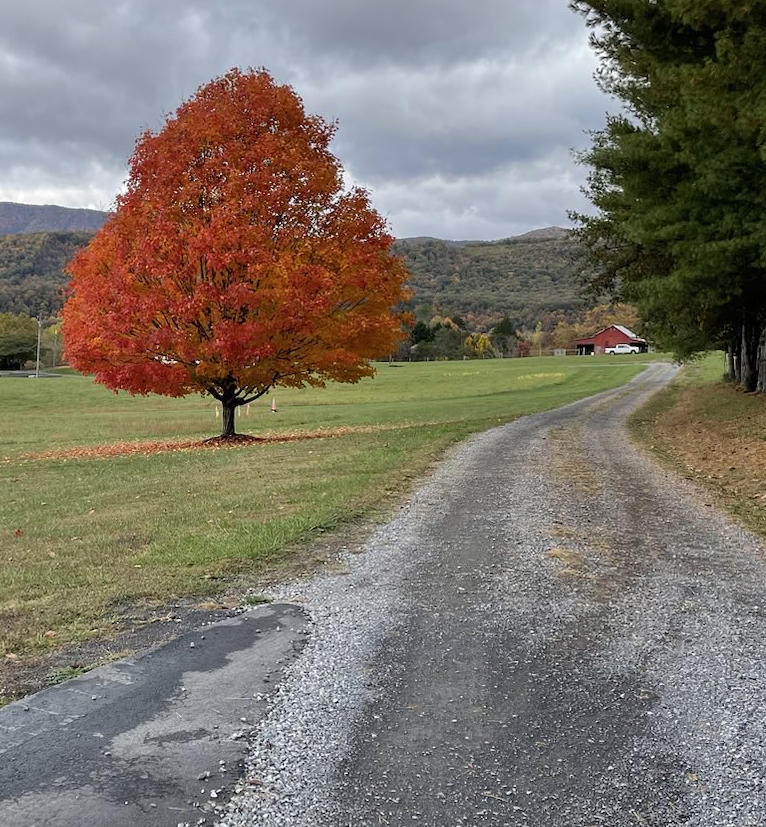Are you here to make money? Or are you here just to play the game?
This important question comes from Adam Smith’s book The Money Game. It was published in 1967—before The Age of Paper Wealth even began.
The Age of Paper Wealth refers to the time from 1982 to 2022. It was a time when interest rates only went down… and stocks only went up.
As we discussed yesterday, investing was easy in that climate. All you had to do was buy some growth stocks and then forget about them. If you checked back in on your account five or ten years later, it was guaranteed to be up.
Those days are over.
And if you’re here to make money – not simply play the game – there are some important moves you need to make.
Look, investing is simple. If you do it right.
I’ve talked to many people who see the stock market as a casino. Of those, many think it’s a rigged game.
And I agree 100%… if you ignore the factors that determine the outcome of any single investment.
I know plenty of people who buy stocks based on “tips” or “intel”.
They’ve heard that a new law or regulation is coming that will catapult a small company’s shares higher.


